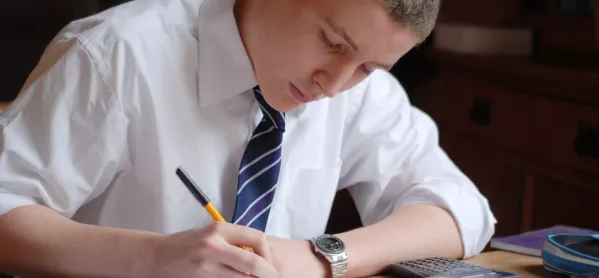The target for schools to enter 90 per cent of pupils for the English Baccalaureate GCSE subjects would not have to be hit until 2025, under a Conservative Party manifesto plan published today.
The previous deadline for 90 per cent of pupils to sit GCSEs in English, mathematics, history or geography, the sciences and a language was 2020.
The manifesto states: “We will expect 75 per cent of pupils to have been entered for the EBacc combination of GCSEs by the end of the next parliament, with 90 per cent of pupils studying this combination of academic GCSEs by 2025.”
The move follows concerns from headteachers about the target, partly due to a shortage of language teachers.
‘Simply not a realistic target’
But Geoff Barton, general secretary of the Association of School and College Leaders, said: “We have pressed the government repeatedly over the need to reduce the target for the take up of the English Baccalaureate from 90 per cent.
“While we welcome any concessions on this policy, we are extremely disappointed to see that the lower target announced in today’s manifesto, of 75 per cent, will be only an interim measure before moving to a 90 per cent take up.
“This is simply not a realistic target, not least because there are insufficient numbers of specialist teachers in the system, particularly in languages.”
Calls for the EBacc to be broadened to include more technical subjects appear to have been ignored.
The manifesto adds: “We will ensure all children have access to an academic, knowledge-rich curriculum. We will introduce a curriculum fund to encourage Britain’s leading cultural and scientific institutions, like the British Museum and others, to help develop knowledge-rich materials for our schools, and we will ensure that assessments at the end of primary school draw from a rich knowledge base, and reduce teaching to the test.”
Want to keep up with the latest education news and opinion? Follow Tes on Twitter and like Tes on Facebook





